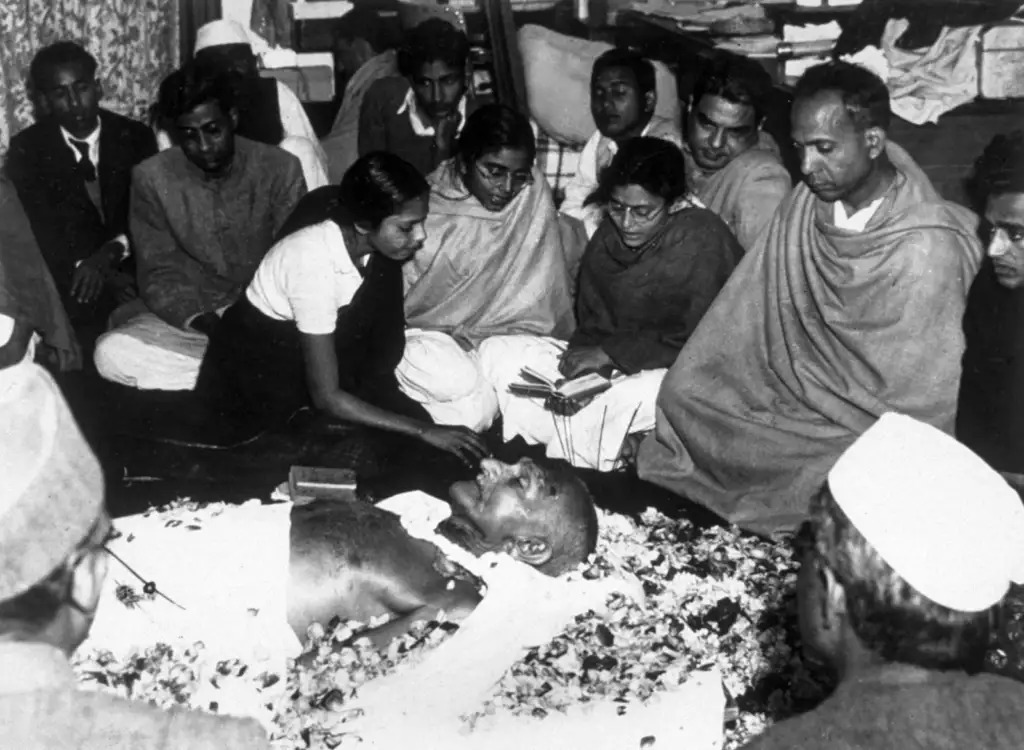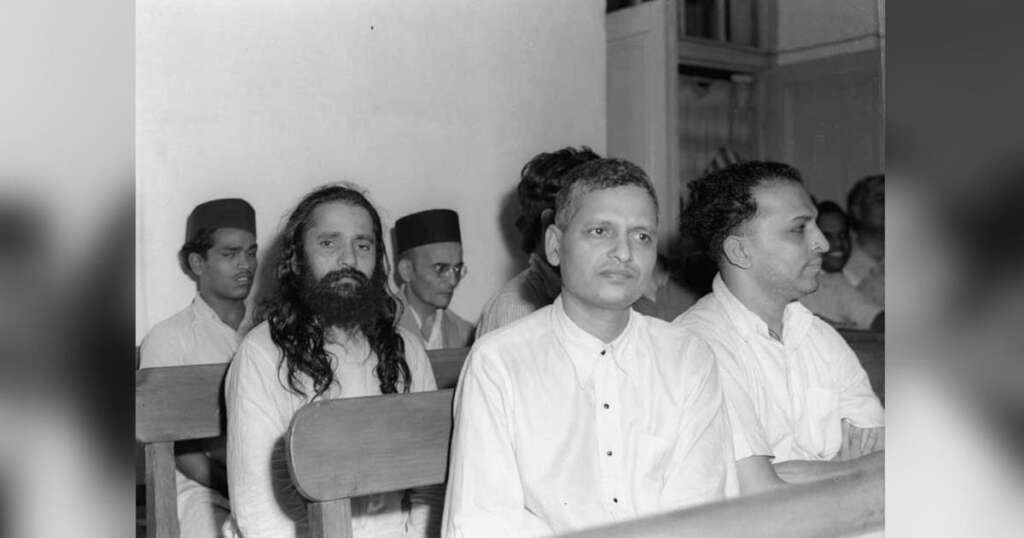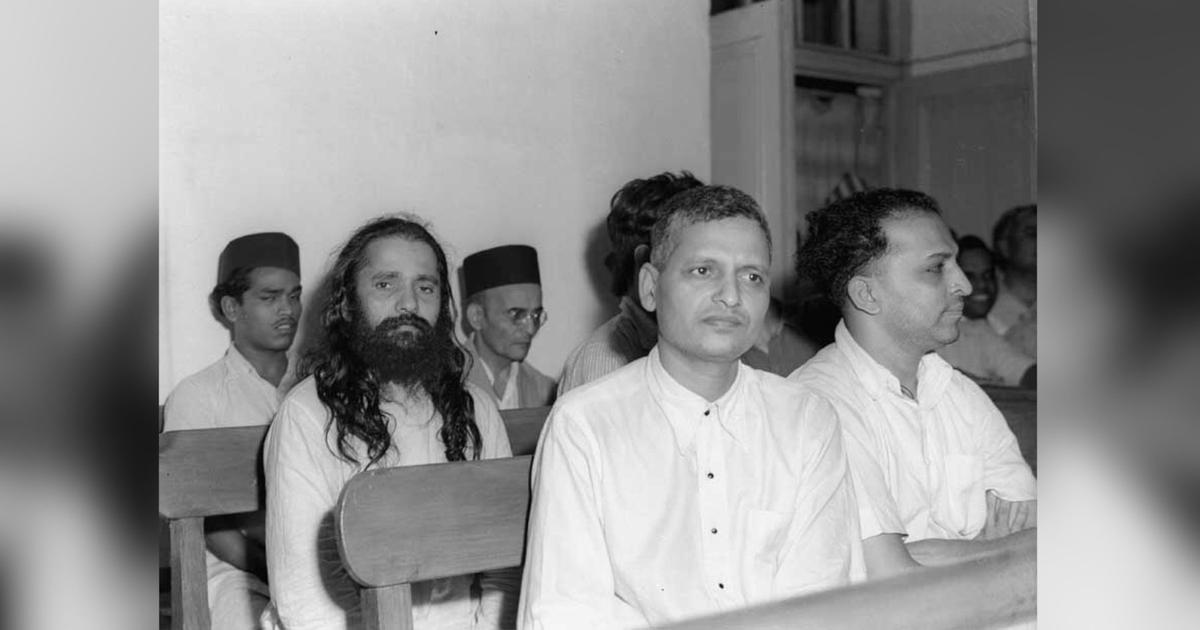Share This Article
The assassination of Mahatma Gandhi on January 30, 1948, is a Important event in Indian history. While Nathuram Godse’s role as the assassin is well-documented, the involvement (or alleged involvement) of Veer Savarkar remains a contentious and hotly debated topic.
Understanding the Main Characters
- Mahatma Gandhi: The revered leader of India’s independence movement, known for his philosophy of nonviolence.
- Nathuram Godse: A nationalist and member of the Hindu Mahasabha, who vehemently opposed Gandhi’s policies on India’s Partition and appeasement of Muslim League.
- Vinayak Damodar Savarkar (Veer Savarkar): A prominent figure in the Hindu nationalist movement, known for his advocacy of Hindutva ideology.
The Assassination and Immediate Aftermath

Mahatma Gandhi Death Photo
Godse, along with his co-conspirators, plotted and executed Gandhi’s assassination at Birla House in Delhi. He surrendered immediately after firing the fatal shots. The incident shocked the nation and the world, leading to widespread condemnation and mourning.
Savarkar’s Role: The Controversy

Newspaper about Savarkar’s Arrest in Gandhi Assassination
Savarkar was arrested on suspicion of involvement in the conspiracy. The prosecution’s case rested on witness testimonies alleging his participation in meetings where the assassination was discussed. However, due to lack of conclusive evidence, Savarkar was acquitted by the court.
Despite the acquittal, the controversy surrounding Savarkar’s role persisted. Some historians and political figures argue that the evidence against him was circumstantial and politically motivated. Others maintain that his acquittal was a miscarriage of justice and that his ideological influence on Godse cannot be ignored.
Political Repercussions

The assassination and subsequent trial had significant political ramifications:
- Ban on Hindu Mahasabha: The Hindu Mahasabha, the political organization to which Godse and Savarkar belonged, was temporarily banned.

- Consolidation of Congress: The Congress party, led by Jawaharlal Nehru, emerged as the dominant political force in independent India, benefiting from the absence of a strong opposition.

- Polarization of Public Opinion: The incident further deepened the divide between secular and communal forces in India.
The Legacy
The controversy surrounding Savarkar’s role in the Gandhi assassination continues to shape political discourse in India. His legacy remains contested, with some hailing him as a patriot and freedom fighter, while others criticize his views as divisive and harmful.
Key Dates:
- January 30, 1948: Assassination of Mahatma Gandhi.
- February 5, 1948: Arrest of Vinayak Damodar Savarkar.
- July 10, 1949: Acquittal of Savarkar.
Conclusion
The assassination of Mahatma Gandhi is a complex historical event with multiple layers of political and ideological motivations. While Nathuram Godse’s guilt is undeniable, the extent of Savarkar’s involvement remains shrouded in controversy. This incident serves as a stark reminder of the dangers of extremism and the importance of upholding democratic values.
